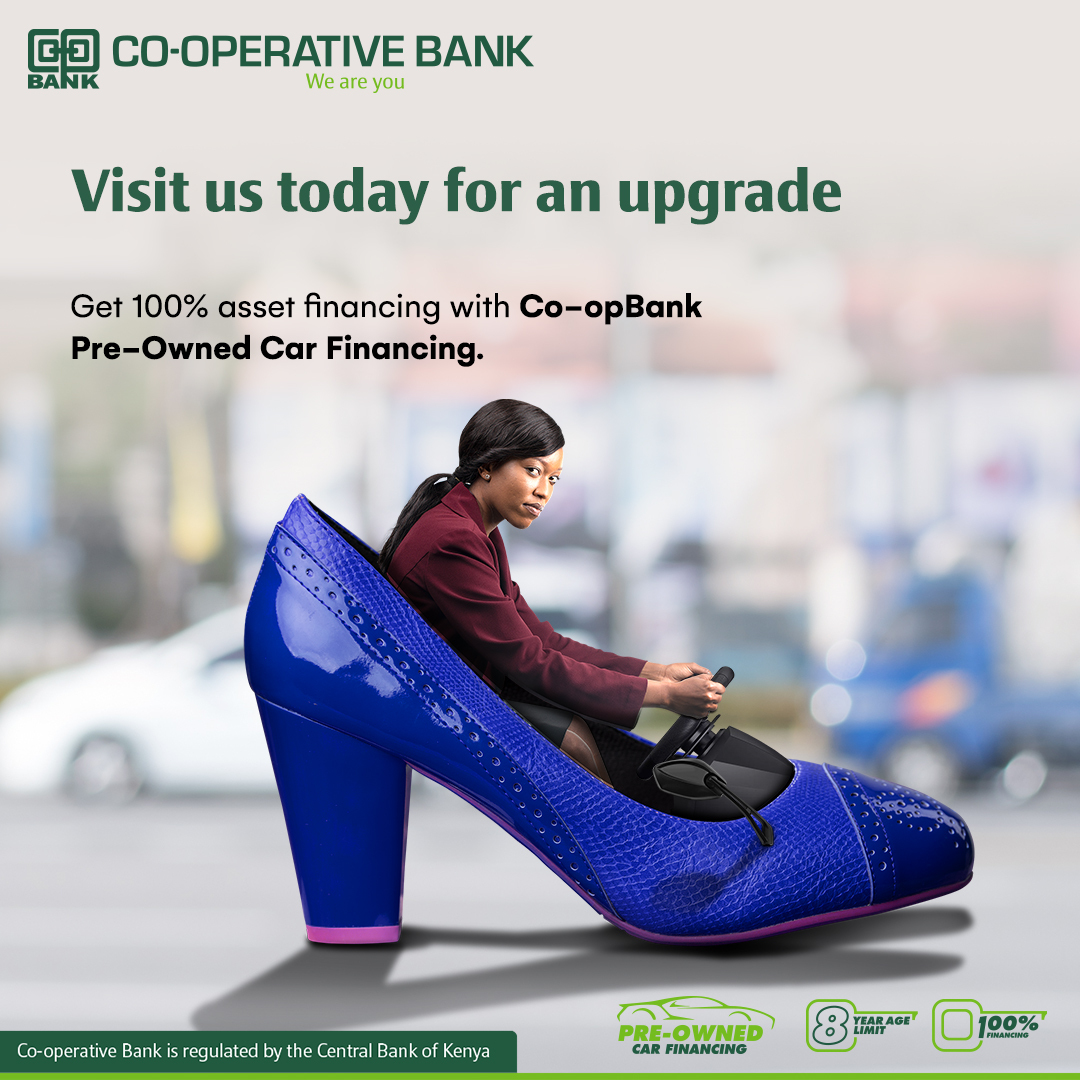Co-operative Bank celebrates winning a prestigious award, recently being named Overall Winner at the Kenya Bankers Association (KBA) 2022 Sustainable Finance Catalyst Awards.
The Awards were created to recognize institutions that practice sustainable finance which has a direct positive impact on the financial sector, the economy, the environment and the society at large.
Sustainable Finance Principles require financial institutions to balance their quest for financial returns with the economy’s future priorities and social-environmental concerns.
In addition to scooping the overall title, Co-op Bank also won in specific award categories that include being named as the Most Innovative Bank in Sustainable Finance and the Best Bank in Financing Commercial Clients.
Equity Bank emerged second overall and KWFT third. The selection exercise took three and half-months, with 43 entries submitted by 16 financial institutions.
This is the third time in five years that Co-op Bank has emerged victorious in the sustainable finance awards, having won the overall title again in 2017 and in 2019.
The latest award adds to other recent recognition Coop Bank has received for the strong credentials in Sustainable Finance and related sustainability practices.
The bank was named as Best Bank in Sustainable Finance in Kenya at the 2019 Energy Management Awards hosted by the Kenya Association of Manufacturers and also named Overall Winner in Environmental Sustainability Report at the 2019 East African Financial Reporting (FiRe) Awards.
Businesses were appraised on whether they have covered the essential indicators which included the impact to the Gross Domestic Product (GDP), the growth of the business, job creation and support of minority groups including women and the youth.
In respect of the award, Co-op Bank has released a citation:
Co-op Bank emerged winner as a result of building a sustainability strategy that enables people, businesses and society to grow in a way that is sustainable in the long-term.
The awards showcase firms that demonstrate a progressive stance in integrating sustainability practices in their respective institutions.
Commenting on the recognition, the Group Managing Director & CEO Co-operative Bank, Dr. Gideon Muriuki;
“Sustainability is fully integrated in our business model that stands on the three pillars of Economic sustainability, Social sustainability and Environmental stewardship.”
“As a bank that is predominantly-owned by the 15 million-member Co-operative Movement, we are inclusive by design that has not only enabled us to deliver shared prosperity today, but also helped us build an awareness and prudence to avoid putting future generations in jeopardy.”
Co-op Bank awards in other categories include;
1. Most Innovative Bank
2. Best in Financing Commercial Clients
3. 1st Runners up – Best Sustainable Finance
4. 1st runners up – Best in Covid-19 Response
5. 2nd runners up – Best in MSME Financing.
Meanwhile, Co-op Bank has unveiled an ambitious 100% financing loan package for used cars.









